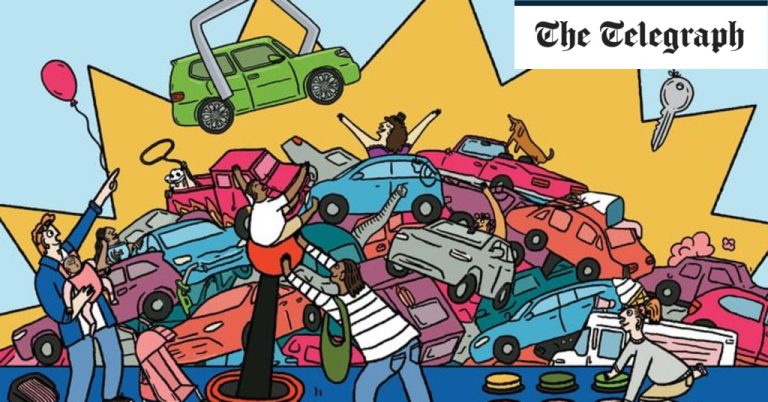It’s a contentious question. As the SUV craze sweeps the country, many people are asking whether we really need them.
For families, it’s clear where the advantages lie. The raised seating positions of SUVs make it easier to buckle up child seats and give children a better view, which helps with avoiding car sickness.
Modern SUVs also tend to have practical features such as sliding rear seats that make the space inside more flexible, trading boot space for rear legroom.
An SUV isn’t the answer to everything, however. For one thing, they tend to use a little more fuel than the equivalent family car – especially if they have more powerful engines and four-wheel drive, as many do. To mitigate this, you could choose one of the burgeoning number of hybrid SUV options on the market.
While SUVs are practical, they tend not to offer quite as much outright boot space with the rear seats in place as conventional estate cars. What’s more, because their boot lips are higher, they can be harder for smaller or older dogs to climb into. So if you have lots of clutter to carry, or a family pet, an estate may yet be a better bet.
New vs used cars
The post-Covid 19 pandemic bump in the prices of used cars appears to be wearing off, which means prices are returning to more sensible levels compared with those of new cars.
Having said that, rampant inflation has driven new car prices through the roof – and given that used car prices are generally based thereon, second-hand cars are no longer the bargains they once were. That’s especially true the cheaper you go, with cars at the bargain basement end now costing much more than they once did.
If you’re thinking of buying something nearly new, it’s no longer the risk it once was. More and more manufacturers are offering long warranties – for example, Hyundai, Kia and MG all offer at least five years, while Toyota will offer a year’s manufacturer warranty if you service your car at a main dealer, regardless of whether it’s been serviced there before, up to a maximum of 10 years old.
With guarantees like these, it might pay you to buy a car that’s a year or two old. It’s in these first couple of years that new cars lose the largest proportion of their value, so if you aren’t too fussed about your ideal colour and specification, buying nearly-new can save a pot of cash, without really increasing your risk of mechanical repair.
Where to buy a family car
Most people will head to their local dealer once they’ve decided what they want. But that might not be the way to get the best deal.
For example, if you’re buying new or leasing, you may find there are better deals with brokers or with specialist leasing companies, whose economies of scale might mean they can beat dealers on price.
On the used market, meanwhile, traditional dealers are now finding themselves competing against car supermarkets and online dealers, which will deliver a car to your door for no extra cost, complete with a no-quibble money-back guarantee period. Of course, taking this latter route means you have to be satisfied with buying the car and paying for it sight unseen.
Auctions can still yield bargains, too. But if you’re looking to buy here, do your research first – and make sure you know what you’re doing. Some of the cars will have been unloved, some may have patchy histories, while your only chance to see and hear the car running will be as it is driven into the auction room – you won’t be able to drive it until you’ve bought it.
